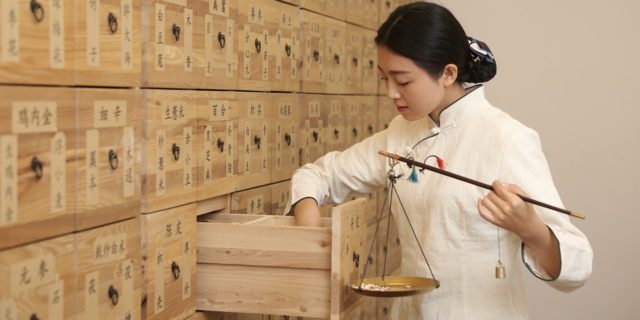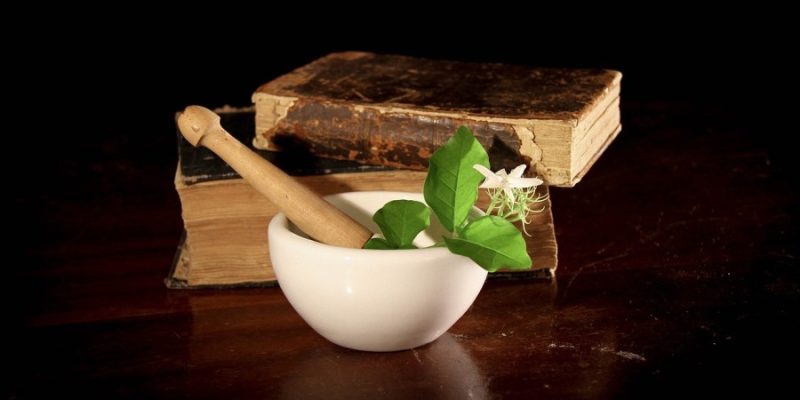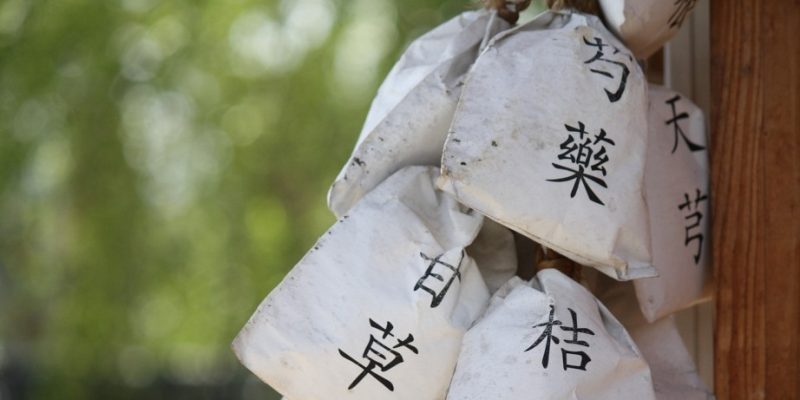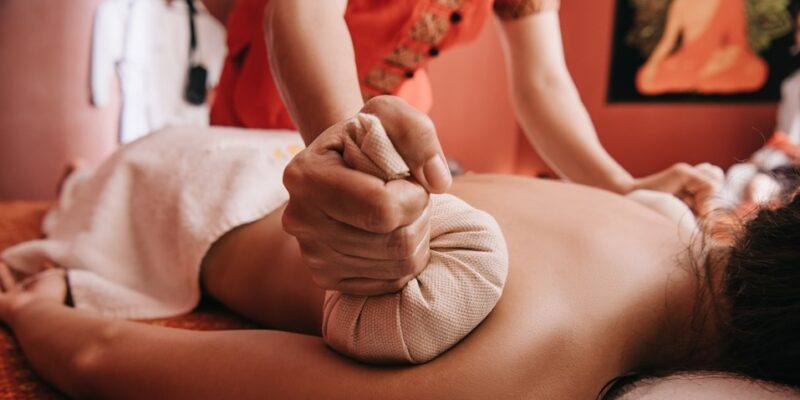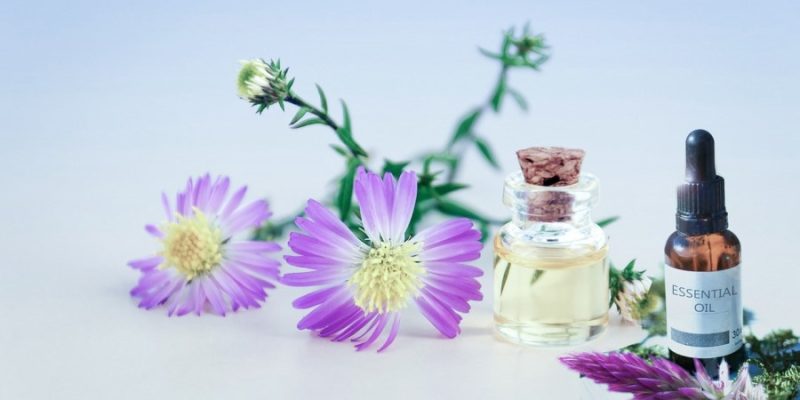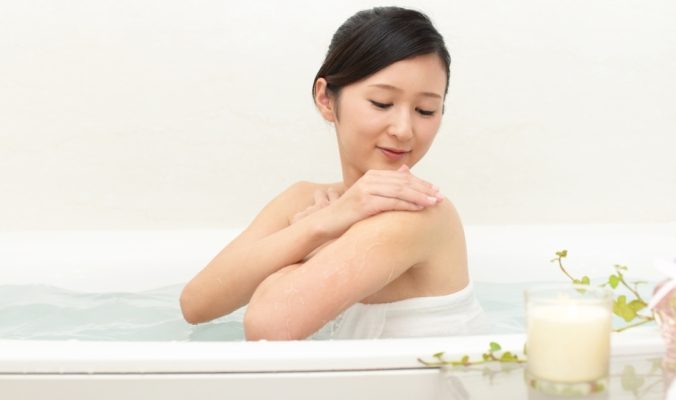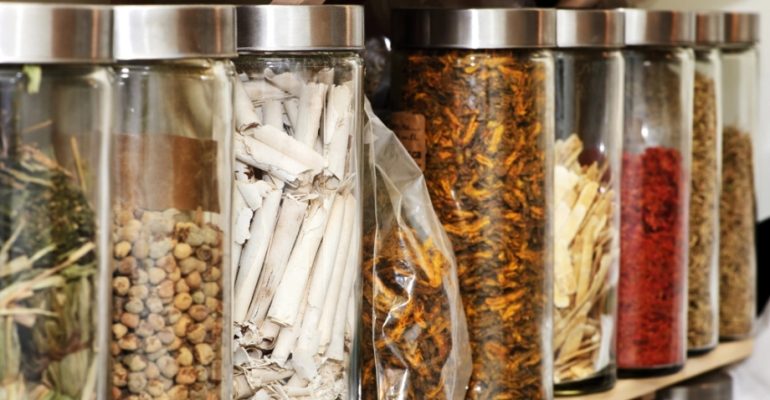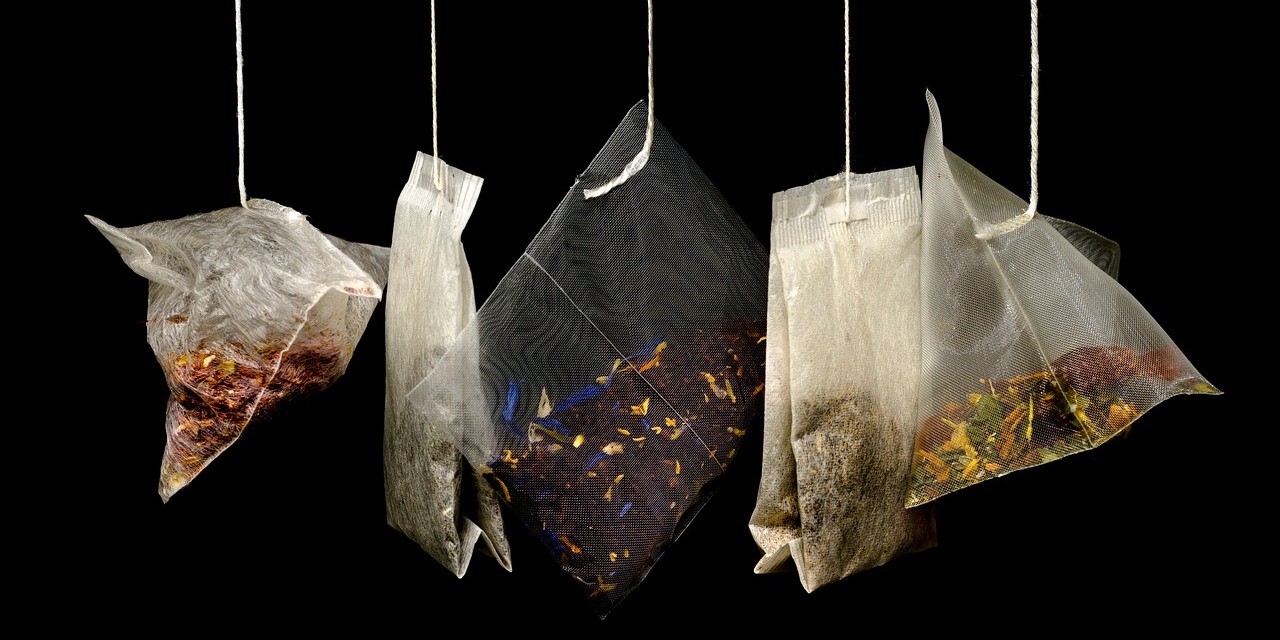
Herbal teas, also called tisanes, enjoy a vast popularity worldwide and the health benefits associated with them have only increased sales and usage. Herbal teas are considered a type of Herbal Medicine.

The name “Herbal Tea” is used in contrast to actual teas, such as black, green, white, yellow, or oolong teas, which are prepared from the leaves of the Tea plant (Camellia Sinensis). Most herbal teas don’t contain caffeine.
Interesting enough, the Latin term Sinensis means “from China.” The tea plant has been cultivated for thousands of years and its origins are thought to be in China and Southeast Asia. It is documented that the Chinese have been using herbal teas as a medicine going back to about 2,000 years ago.
Drinking a herbal tea is actually consuming an herbal infusion (soaked) or decoction (boiled). An herbal mixture may contain dried leaves, spices, roots, pieces of ripe fruit, flowers, grasses, nuts, barks, seeds or other botanical parts that give them their taste and contribute to health benefits.
Herbal teas are generally thought to have the following benefits, depending on the blend:
- Giving a calmer, relaxed state of mind;
- Supporting health of the hearth;
- Alleviating stomach and digestive problems;
- Providing cleansing and detoxification of the body;
- Promoting energy and general wellness.
Although generally safe for regular consumption, some herbs have toxic or allergenic effects, such as Comfrey and Lobelia.
Herbal teas may also have different effects depending on the person using it. Depending on the origin, herbal teas may also be contaminated with, for instance, pesticides or heavy metals.
In addition, several herbs are considered dangerous for pregnant woman as they are thought to maybe cause a miscarriage. These include ingredients such as nutmeg, mace, papaya, bitter melon, mugwort, and saffron, among many others.






